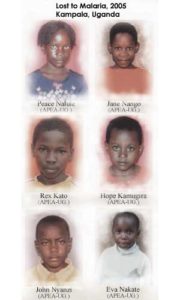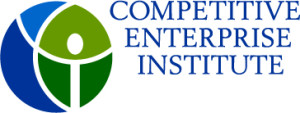 Post by Barun S. Mitra—Liberty Institute, India
Post by Barun S. Mitra—Liberty Institute, India
NEW DELHI—It is good news that the demand for DDT to fight malaria is on the rise. Last year, India’s government exported their first consignment of DDT in almost 20 years to Eritrea and Mozambique. This year they doubled their shipments from last year and expect orders from more African countries soon. The competition in the international market—China being the sole exporter in the past decade—has already brought the price down by almost a half. U.S. funds to fight malaria are being used by some of the African countries to explore the DDT option. Yet, DDT’s life saving uses may soon be threatened once again. At the recently held multinational meeting on the Convention on Persistent Organic Pollutants in Senegal, the green NGOs made a concerted effort to stop DDT by proposing a range of reporting requirements that would either be impossible to fulfill by most poor countries or would make it very difficult to import. On top of that, some members of the EU strongly implied that use of DDT could potentially affect African agricultural exports to Europe. Public health advocates need to build greater public awareness about the victims of malaria, in Africa and elsewhere. Political and civic leaders need to objectively assess the malaria and public health conditions in their countries, rather than getting bamboozled by the NGOs and some western aid agencies. If leadership is not exercised, the present window of opportunity against malaria will once again be squandered, and the poor will be left to bear the burden of malaria.
Greater Awareness Needed
June 18, 2007

















